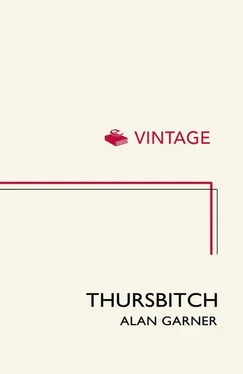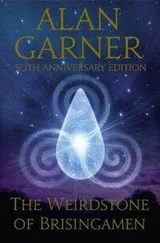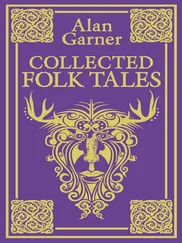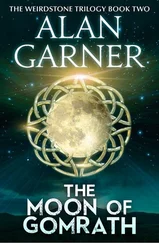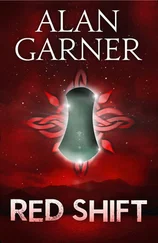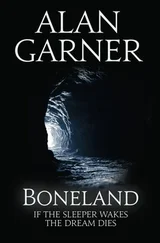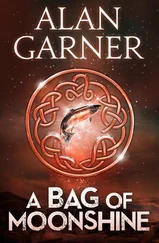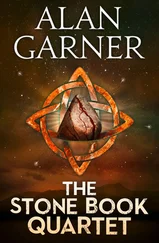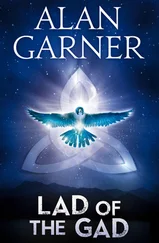“The Prince loves the room and won’t leave it. All he does is look at himself in the mirrors and at the reflections from every side. He never looks out of a window.
“The next day he’s woken by a creaking sound. And the creaking wakes him every morning. He thinks nothing of it; then after several days he notices that the mirrors are becoming wider than the windows. Am I boring you, am I?”
“Far from it.”
“Well, the Prince is chuffed with the bigger mirrors, and every morning he wakes at the creaking and goes to see how much more they have widened. This goes on until, one day, he thinks the mirrors are getting dirty, because he can’t see himself clearly, so he sets about polishing the glass. But it makes no difference. Then he sees what’s happening.
“The mirrors aren’t dirty. It’s the windows that are getting narrower and letting less and less light in. He tries to force the windows apart, but he can’t. Outside, the sun is shining and he sees all the bright colours. And when he looks in the mirrors all he sees is a dimming reflection.
“Each day he presses his face against the mirrors, but he can see no more than his own self fading. Then there is one last creak, and the wall and roof become all mirror, and the Prince is alone in the dark. That’s the story.”
“What’s the dream?” he said.
“I’m in that room, but I’m not the Prince. I’m me. The mirrors are what is now. The windows are what is going. There’s no door. It’s getting so bad that when I wake I’m scared to open my eyes. Would you still say I’m sane?”
“Of course you are sane. But it is significant.”
“Obviously. I want you to explain more of it. I need help, Ian.”
“I can’t, Sal. It is your dream, not mine. It would not do any good if I were to suggest a meaning. It would be my response, not yours. Start by asking why it is this particular fairy tale you are turning to. What is in it that you need so much? Find that, and the dream will stop. In the meantime, there is no need to be scared.”
“I knew that’s what you’d say. You’re infuriating. But thanks. I feel better for telling you and you not back away.”
“Do you want to tell me again now?”
“Not now. I’m knackered.”
“That is good, Sal.”
“You have to say that.”
“I do not.”
“OK. So I can go to the next thing. I want you to make two promises.”
“And what are they?”
“The first is that you’ll give me plenty of warning before I reach the point where I can’t think straight.”
“I promise. What’s the second?”
“I’ll tell you that after you’ve kept the first.”
“Fine.”
“Why haven’t you asked me what I’m up to?”
“It’s none of my business, Sal. I shall find out when the time comes, presumably.”
“You will.”
“So that’s all right.”
“I used to think that you were a bit of a cold fish, you know.”
“Perhaps I am.”
“You’re not. It’s just one part of your nature. You’re the only friend who has never shown any impatience with me over this thing, and never been irritated by my clumsiness. You don’t talk down to me. You show no sense of pity. You don’t hit back at my tantrums.”
“Why should I? They are not meant. You forget so quickly that you can’t get to the end of them as often as not.”
She laughed. “There you go.”
“How could I do otherwise? What would be the point? And haven’t I always been like this? I thought I was consistent.”
“Yes, but then, Ian, dear heart, it was as though you were refusing to engage. Observing from outside, but never joining in, in case you had to show emotion.”
“Not at all. Just the opposite. It depends on how you view whatever we call reality. Is the fish in the sea, or is the sea in the fish?”
“That’s mere bloody Jesuitical pyrotechnics, dodging the issue as usual.”
“Is it? I don’t mean it that way.”
“Of course it is. And you know it. You always did try to get a rise out of people; find how gullible you could make them; see how far you could lead them by the nose, and see who ducked first. It used to piss me off, but now it is oh so refreshing. Such a change from: ‘How are we today? Are we comfortable? What are we going to watch on television?’ Forever the sodding plural. I want to shout: ‘I don’t know how you are today! I don’t know whether you are comfortable! I do know that I am going to watch pretty futile pabulum! I am feeling lousy! This chair is fit only for the scrap heap! I am longing for some abrasive company!’.”
“Do you ever say that?”
“Frequently.”
“How do they react?”
“‘Have we taken our medication?’.”
“Oh, Sal!” The laughing drove the raven from the rock.
THE LAST SNOW traced Thoon and the Tors, marking Catstair and the cattle gates. Light after winter was coming back into Saltersford.
Mary kept peering out through the windows.
“What’s to do with you?” said Richard Turner. “Can a man not take a pipe o’ bacca without you being up and down with your mither?”
“Don’t you be three-cornered with me, Rutchart. There’s a chap down yonder. He’s been skulking in the lane and round about up bank all morning. Have you not heard the dogs?”
“Where? Let me see. Fecks, yay! We don’t want his kind o’ sort hereabouts.”
He went to the door and opened it. Across the lane in Little Hall there was a man looking at the house. His hair and beard merged below his shoulders, and one hand was moving away from his side in a palsy.
“Hey! Shape for shift thisen! Else I’ll raddle thi bones for thee!”
The man gestured with the palsied hand, and moved off towards Nab End. Richard Turner went back to his chair by the fire.
“If yon allsorts shows him again, see to it as you tell me. We don’t want none o’ them foreign parts.”
“No need o’ that,” said Mary. “Here he comes.”
“Right, master, right! Let’s find what the dogs make on you.” Richard Turner went to the yard. The dogs were barking. He opened the gate and whistled them out. “Come up! Fetch him!” They ran out into the lane. Richard Turner watched with Mary from the window of the houseplace.
The man stood still as the dogs approached.
“They’ll have him,” said Mary.
The man crouched before the pack. They leapt into his arms, licking his face, yelping, all their tails wagging. He had to stand, so that they did not knock him over. They were on their hind legs, paws on his back and chest, and he was ruffling their heads and necks.
“He’s Jack!” Richard Turner ran into the lane. “Jack! Jack! Wherever have you been? See at the state you’re in! Come thy ways, youth! Wash and change thisen!”
Only the black goatskin was the same. His hat was misshapen on his head, the band and feather gone. His satchel was stained with dirt and grease, his britches too, and rent. His stockings were torn, and his shoes gaped. His gaunt skin was as dark as his matted hair and beard. Salt was crusted round his mouth. His eyes shone, but they had changed. They were both beast and Jack.
“Come thy ways!”
He calmed the dogs and pushed them down. Then, without moving towards the house, he spoke in a hoarse voice.
“Rust, dust, tarbottle, bagpipolorum hybattell. Nettles grow in an angry bush. I saw a woman full of names and blasphemy. And the woman was bedight wi’ gold, and held a cup in her hand full of abominations and filthiness of her abominations and filthiness of her fornication. And on her head was writ Mother o’ Harlots, or some such.”
He was holding the stick with the carved drum and bead, and spun it all the while.
Читать дальше
